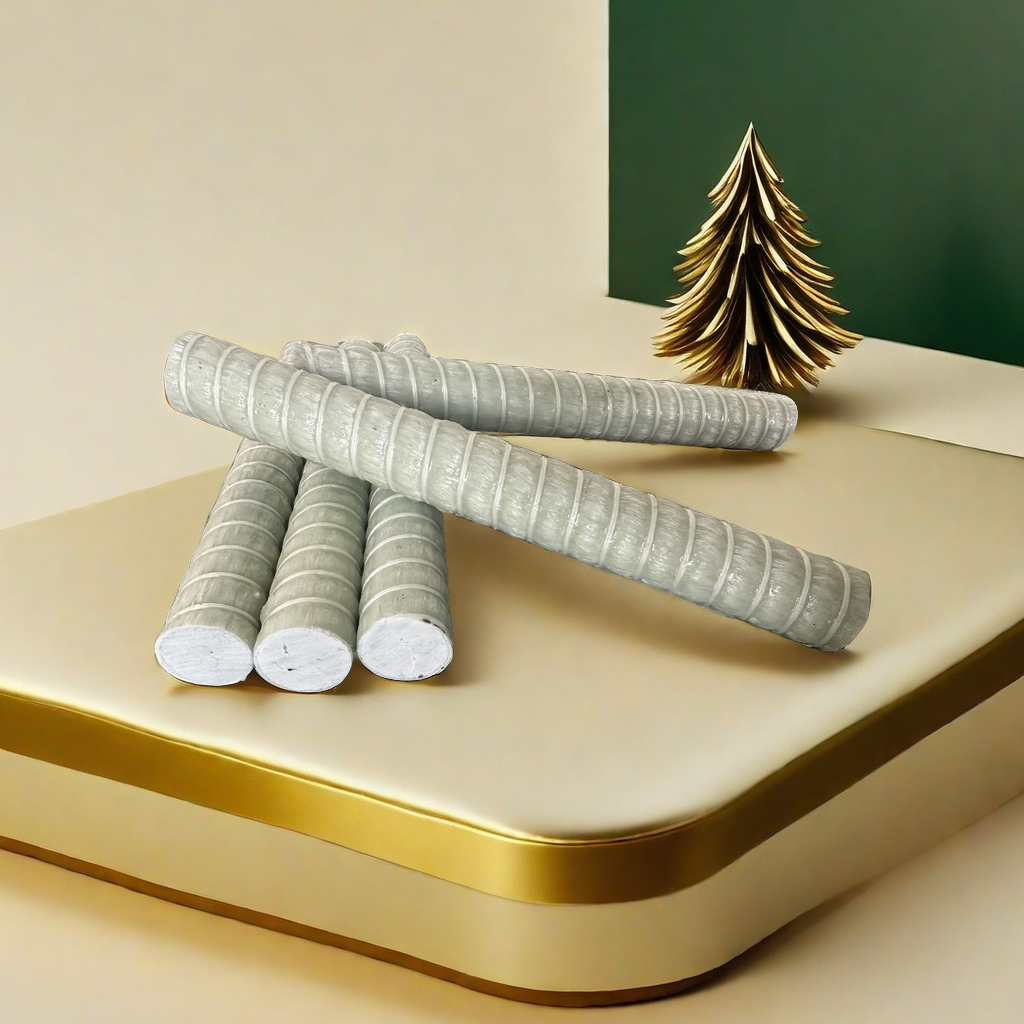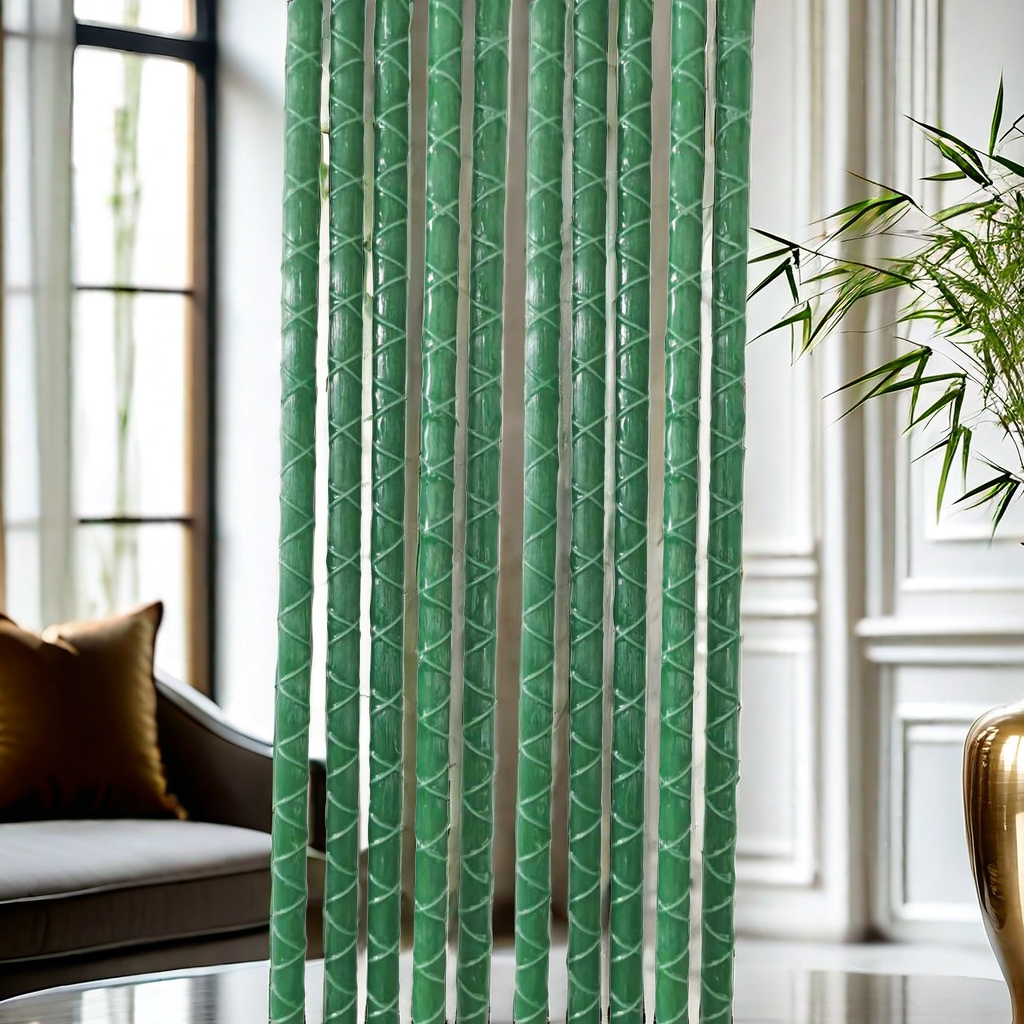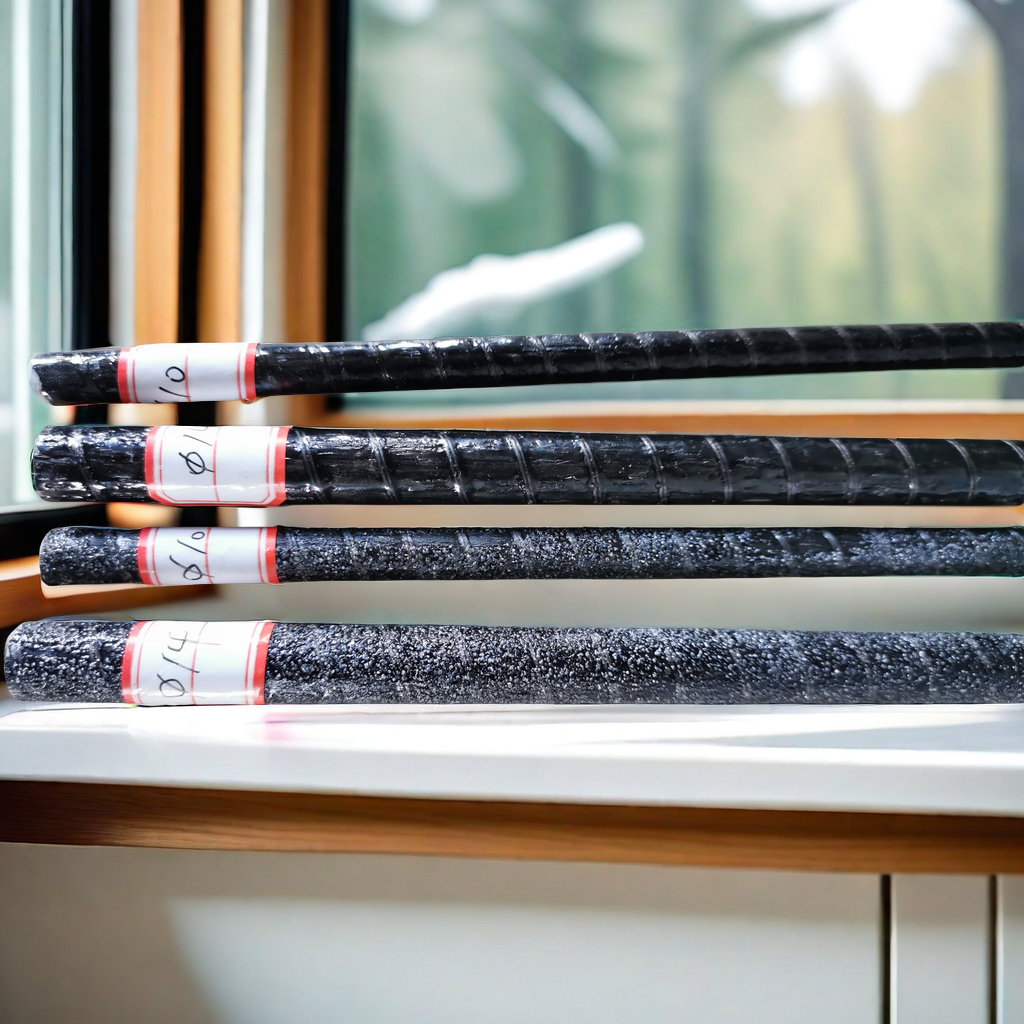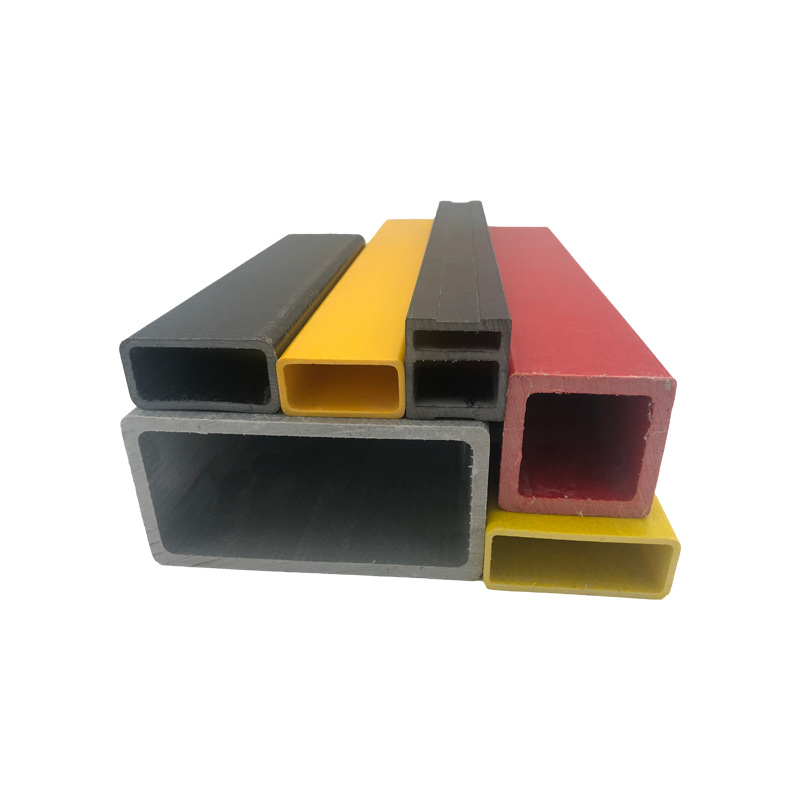Introduction
In the realm of modern construction, water stop screws play a pivotal role in ensuring structural integrity and preventing water seepage in concrete structures. Among the various options available, Glass Fiber Reinforced Polymer (GFRP) water stop screws have emerged as a noteworthy alternative to traditional steel and PVC counterparts. This article delves into a comparative analysis of GFRP Water Stop Screw and traditional options, highlighting their material properties, installation processes, cost implications, and long-term performance.
Understanding GFRP Water Stop Screws
GFRP water stop screws are composite materials made by combining glass fibers with a polymer matrix. This combination results in a product that boasts high tensile strength, corrosion resistance, and lightweight characteristics. The use of GFRP materials in construction has been gaining traction due to their ability to address common issues associated with traditional materials, such as corrosion and heavy weight.
The inherent properties of GFRP make it particularly suitable for environments where moisture and chemical exposure are prevalent. Its non-conductive nature also adds to its appeal in specific applications where electrical insulation is required. Understanding the manufacturing process and material composition of GFRP water stop screws is essential for appreciating their advantages over traditional options.
Traditional Water Stop Screw Options
Traditional water stop screws are typically made from materials such as steel or PVC. Steel screws have been the industry standard for decades due to their strength and availability. However, they are susceptible to corrosion, especially in harsh environmental conditions. PVC screws, on the other hand, offer corrosion resistance but lack the strength and durability of steel.
These traditional materials have served the construction industry well, but they come with limitations that can impact the longevity and maintenance costs of structures. Issues such as rust formation in steel screws can lead to structural compromises, while PVC screws may not provide the necessary support in load-bearing applications.
Comparative Analysis
Material Properties
The material properties of GFRP water stop screws set them apart from traditional options. GFRP screws exhibit high tensile strength comparable to that of steel while being significantly lighter. The corrosion resistance of GFRP is superior, as it does not rust or degrade when exposed to moisture and chemicals.
In contrast, steel screws are prone to oxidation, leading to rust and potential structural failures over time. PVC screws resist corrosion but lack the mechanical strength needed for many structural applications. The thermal conductivity of GFRP is also lower than that of steel, which can be advantageous in environments where thermal bridging is a concern.
Installation Process
The installation of GFRP water stop screws is generally more straightforward due to their lightweight nature. Workers can handle these screws with ease, reducing labor fatigue and potentially lowering the risk of on-site injuries. The ease of cutting and drilling GFRP materials allows for customization during installation without specialized tools.
Traditional steel screws require more effort to install due to their weight and hardness. Specialized equipment may be necessary to cut or modify steel screws on-site, leading to increased labor costs and time. PVC screws are lightweight but may require careful handling to prevent damage during installation.
Cost Analysis
Initial material costs for GFRP water stop screws can be higher than those for traditional steel or PVC screws. However, when considering the total lifecycle cost, GFRP screws may prove to be more economical. The reduced need for maintenance, repairs, and replacements due to corrosion resistance can lead to significant cost savings over time.
Steel screws may appear cost-effective initially, but the expenses associated with corrosion mitigation, such as coatings and regular inspections, add to the total cost. PVC screws, while affordable, may not offer the longevity required for certain projects, leading to earlier replacements and increased long-term costs.
Durability and Longevity
The durability of GFRP water stop screws is one of their most significant advantages. Their resistance to environmental factors such as moisture, chemicals, and extreme temperatures ensures that they maintain structural integrity over extended periods. Studies have shown that GFRP materials can have a service life exceeding 75 years without significant degradation.
Traditional steel screws are susceptible to corrosion, especially in marine or industrial environments where exposure to salts or pollutants is common. This corrosion can compromise structural integrity and require costly repairs. PVC screws may degrade under UV exposure and may not withstand mechanical stresses over time.
Case Studies
Several construction projects have successfully implemented GFRP water stop screws with positive outcomes. For instance, a coastal infrastructure development utilized GFRP screws to combat the corrosive effects of seawater. The project reported enhanced durability and reduced maintenance costs over a ten-year period compared to previous projects using steel screws.
In another example, a chemical processing facility opted for GFRP screws due to their resistance to chemical exposure. The facility experienced no structural issues related to screw degradation, highlighting the suitability of GFRP in harsh chemical environments.
Expert Opinions
Industry experts have weighed in on the benefits of using GFRP water stop screws. Dr. Jane Smith, a structural engineer with over 20 years of experience, notes that "GFRP materials provide a sustainable and durable solution for modern construction challenges. Their corrosion resistance and strength-to-weight ratio make them ideal for a variety of applications."
Similarly, construction consultant John Doe emphasizes the long-term cost benefits: "While the initial investment might be higher, GFRP water stop screws offer lower lifecycle costs due to minimal maintenance requirements. This makes them a smart choice for projects where longevity is a priority."
Practical Recommendations
For construction professionals considering GFRP water stop screws, it's essential to assess the specific needs of the project. Factors such as environmental conditions, load requirements, and expected service life should guide material selection. Collaborating with manufacturers to understand the properties of their GFRP Water Stop Screw products can ensure optimal performance.
Proper installation practices are crucial for maximizing the benefits of GFRP screws. Training installation teams on the handling and installation of composite materials can further enhance project outcomes. Additionally, considering the use of GFRP in other structural elements may provide synergistic benefits to the overall structure.
Conclusion
GFRP water stop screws present a compelling alternative to traditional steel and PVC options. Their superior material properties, ease of installation, and long-term cost benefits make them a valuable addition to modern construction practices. As the industry continues to evolve, embracing innovative solutions like the GFRP Water Stop Screw can lead to more durable and sustainable structures.
Future research and development in GFRP technologies hold the promise of even greater advancements in construction materials. By staying informed and open to new materials, professionals can enhance the quality and longevity of their projects, ultimately contributing to a more resilient built environment.




























